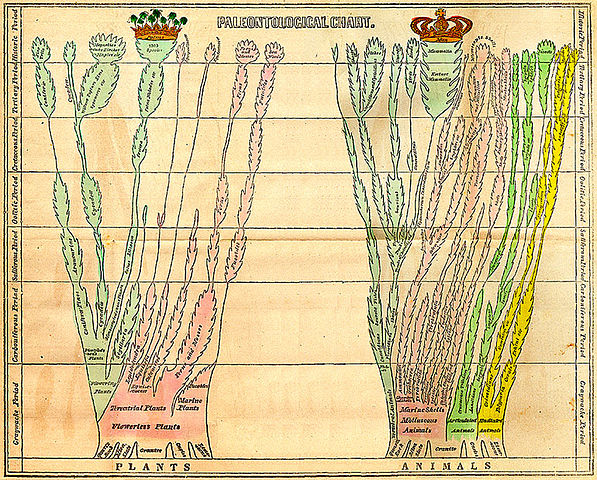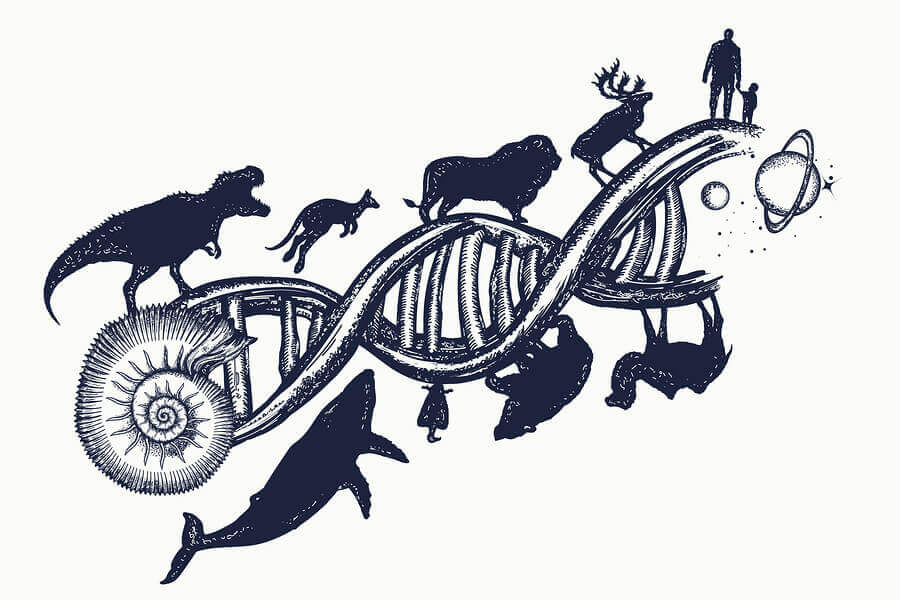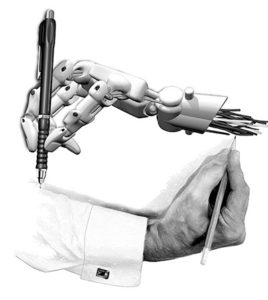Welcome to the New Year! In this issue of Synchronized Chaos, we focus on the continual journey of co-evolution.

Elizabeth Hughes reviews Robert Cohen’s If God Allows, a novel where an American ‘party boy’ and advertising executive adapts to the restrictions and possibilities of life in Jakarta.
John Middlebrook’s poems also illustrate adaptation, how people and stories evolve over time. People figure out how to handle changing physical and economic conditions as what was once real life fades and expands into misty legend, and modern people lament how their own leaders never quite live up to the ideals of yesteryear carved into stone.
Gregorio Stephens’ piece on working at a Bob Marley festival also points out hypocrisy, highlighting the difference between honoring an inspirational leader and using his memory only to benefit oneself. To him, the slide away from ideals represents adaptation in a negative sense.
In Henry Bladon’s poem, characters draw on the language of others to both reveal what they want to say and to conceal what they can’t, or won’t, communicate. He shows how we can adapt words and concepts to our needs, but also the dangers of letting formal language get in the way of honesty.

Daniel DeCulla sends us mixed media artwork exploring our complex and mutually co-evolving relationship with nature. Some of his images suggest anthropomorphizing nature, while others reflect being reclaimed by it.
Jeongeui’s newest artwork conveys how she appreciates beauty in nature while hoping for human love and the beauty of being in a romantic relationship.
Mahbub’s poems also celebrate the psychological renewal, connection and rest we can find in both natural environments while on vacation and in steady romantic relationships.
Abigail George’s poems reflect the search and longing for romantic love as well: the relationship that never quite happened despite many commonalities, the questions over whether one is too complicated to be loved.
More pragmatic in intention, Chimezie Ihekuna’s monthly relationship advice piece urges married people to move with the current into a new season of life, focusing their energies and time on being spouses to each other.

In Mark Young’s poems, rather than focusing on individual relationships and psyches, we step back and look at both historical incidents and modern technologies from a broader perspective. What would have happened if one person had done things slightly differently? What will future excavators surmise about the purpose of our artifacts?
In J.J. Campbell’s poetry, ‘it is what it is.’ There may not be any overarching narrative, personal or even cultural. Events happen, seemingly without reason, and people are adrift and alone in the world. We seem to lurch into nothingness, yet while never quite giving up on the search for meaning and love.
In Jeff Bagato’s poetry, speakers resist oblivion in various ways: creating digital identities, building objects as a distraction, even lashing together sticks to form a raft in a rushing current.
Donna Dallas’ poetic narrators are souls on the edge between night/day, life/death, the land/the ocean. As with Jeff Bagato’s speakers, Dallas’ characters go to great psychological and physical lengths to assert their existence as they move from one phase of life to another.
The contributors to this month’s issue join with this publication’s editors in raising our voices, using our words and pictures and minds to take part in natural and cultural co-evolution. And we invite you as a reader to join all of us in our journeys.
FYI: Our co-editor, Kahlil Crawford, is designing a special issue for this February with a theme of ‘Philosophy.’ You’re still welcome to submit whatever work you would like, just think and mention, if possible, how it relates to philosophy of any sort.
